Understanding the Biden Administrations New Moratorium on Deportations
On January 20, 2021, President Joe Biden signed an Executive Order enacting a 100-day deportation moratorium in order for the Department of Homeland Security to conduct a “review of policies and practices concerning immigration enforcement.” The memo also puts into place interim policies with respect to immigration enforcement during the 100-day period, allowing the agency to proceed with certain types of enforcement and removal.
The move comes as the Biden administration seeks to undo many of the anti-immigrant policies enacted by the Trump administration, including policies related to detention, enforcement, and the southern border. The moratorium announcement comes as ICE has continued to arrest and detain people in the midst of the COVID-19 pandemic, with more than 14,000 immigrants detained nationwide.
The memo went into effect on February 1, 2021, and quickly became the subject of litigation after being partially blocked from being enforced by a federal judge in Texas.
The memo was welcomed by many immigration advocates after a four-year period in which the Trump administration essentially eliminated enforcement priorities and indiscriminately sought to terrorize and arrest as many undocumented individuals as possible. However, advocates have also noted that the idea of a return to Obama-era enforcement policies should not be accepted.
Biden has gone on record saying that the high rate of deportations during the Obama administration was a “big mistake” and that Biden “vowed to do better.” Advocates tracking the issue have also vocally lamented the fact that the Biden administration has remained silent on ending the use of private detention in the immigration context despite campaign promises to do so. The issue is a large sticking point given that over 70% of individuals in immigration detention are detained at privately operated facilities.
Background
“The pause will allow DHS to ensure that its resources are dedicated to responding to the most pressing challenges that the United States faces, including immediate operational challenges at the southwest border in the midst of the most serious global public health crisis in a century,” the Department of Homeland Security said.
The memo does include some exceptions to who may be subject to deportation during the moratorium:
Those who entered the United States on or after November 1, 2020;
Those who are engaged or suspected of engaging in terrorism or espionage, or U.S. Immigration and Customs Enforcement (ICE) believes you pose a danger to national security or
Those who choose to be deported.
The memo also creates exceptions for individuals who may still be targets for ICE enforcement and arrest. This includes:
Individuals who have arrived in the United States on or after November 1, 2020;
Individuals who have been released from a federal, state, or local prison or jail on or after January 20, 2021, have been convicted of an offense defined by federal immigration law as an “aggravated felony” and are determined to pose a threat to public safety; or
Individuals who are engaged or suspected of engaging in terrorism, espionage, or ICE believe you pose a danger to national security.
Federal Court Ruling and Future
The deportation moratorium by Biden was halted before it could go into effect after U.S. District Judge Drew Tipton issued a ruling in favor of Texas, who asked for a temporary restraining order in their suit against the Biden administration. The judge said the Biden administration had failed “to provide any concrete, reasonable justification for a 100-day pause on deportations.”
The injunction was initially set to expire after 14 days but has since been extended through February 23, 2021.
The ruling does not block the memo entirely but is limited to individuals with final removal orders, allowing ICE to proceed with their removals. The memo’s delineation of new enforcement priorities for ICE is still allowed to go into effect, and the agency can still exercise discretion with respect to enforcement and detention.
The ruling was slammed by immigration advocates, with National Immigrant Justice Center Executive Director Mary Meg McCarthy stating, “The Texas court’s decision is based on a faulty interpretation of the law and racist arguments akin to those which drove the very decisions in the previous administration that President Biden’s moratorium policy was intended to review. Already, we are seeing signs that the anti-immigrant sentiment which defined U.S. Immigration and Customs Enforcement during the past four years is still present.”
If you have questions or concerns about the 100-day moratorium and how it may apply to you or your family, please contact a qualified immigration attorney.

